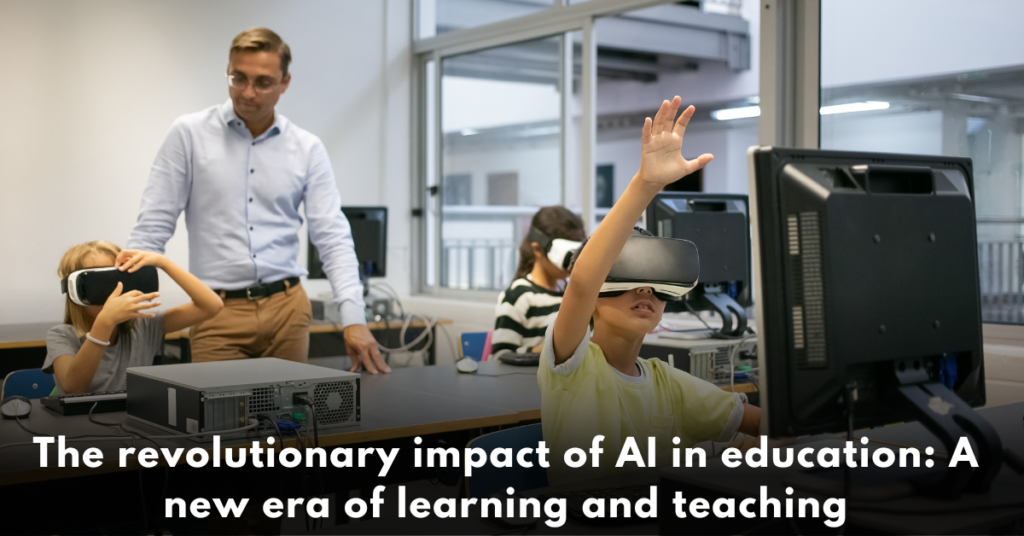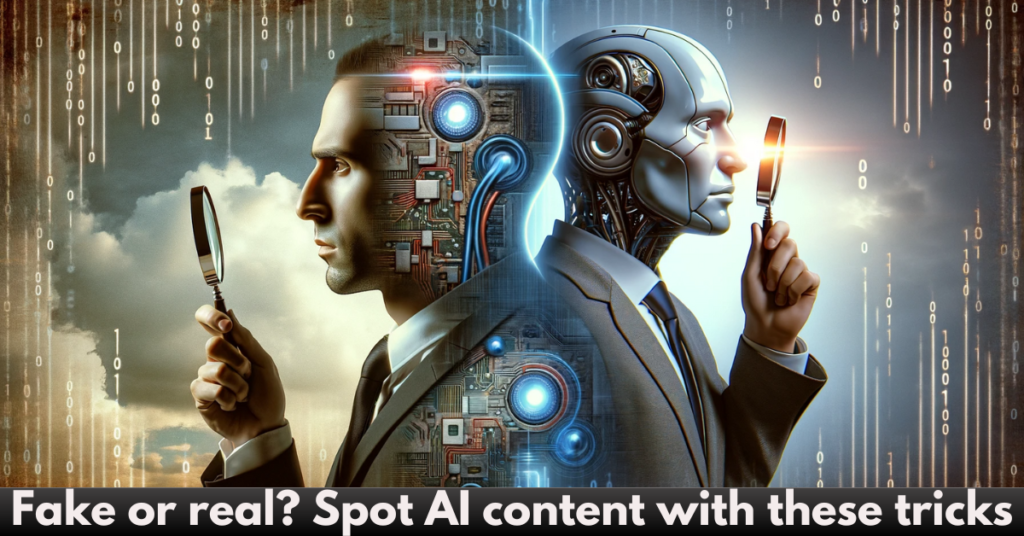The revolutionary impact of AI in education: A new era of learning and teaching
Artificial intelligence (AI) is revolutionizing multiple sectors, including education, marking the beginning of a new era of learning. AI can take on different forms, such as intelligent teaching systems, adaptable learning platforms, and AI-powered administrative tools. One of the most transformative impacts of AI in education is its ability to facilitate personalized learning.
Personalized Learning: Transformative Impact of AI
One of the most transformative impacts of AI in education is its ability to facilitate personalized learning. AI-powered educational platforms can analyze vast amounts of data on a student’s academic performance and learning preferences, enabling them to modify educational content to meet each student’s unique needs. This personalization can lead to more effective learning experiences, as students can learn at their own pace, focus on their areas of weakness, and engage with content that matches their interests and learning styles.
Efficiency and Productivity Enhancement through AI in Education
AI can also enhance efficiency and productivity in education by automating routine administrative tasks such as grading assignments and scheduling classes, freeing up educators’ time to focus more on teaching and less on paperwork. AI-powered tools can provide instant feedback to students, allowing them to understand their mistakes promptly and adjust their learning strategies accordingly.
Improving Accessibility with AI
AI can play a significant role in improving accessibility in education, as technologies such as speech recognition and text-to-speech can assist students with disabilities, enabling them to participate fully in the learning process. AI-powered translation tools can help break down language impediments, providing learners from different language backgrounds with access to a wealth of educational resources.
Changing Roles and Responsibilities in AI-Integrated Education
While the integration of AI into education brings many benefits, it also requires a shift in the roles and responsibilities of educators and students. With AI taking over some of the teaching and administrative tasks, educators are increasingly expected to serve as facilitators and mentors, guiding students through their learning journeys and fostering their social and emotional growth. Students, on the other hand, are expected to take more responsibility for their learning, setting their learning goals, choosing their learning paths, and tracking their progress.
Social Implications of AI in Education
The social implications of AI in education include data privacy, algorithmic bias, and dehumanization. Data privacy concerns involve how personal data is used by AI systems and how to protect one’s privacy. Algorithmic bias concerns the potential for AI to produce biased outcomes, leading to unfair treatment of other students. Balancing the use of AI with human interaction is essential to ensuring that education remains a human-centric endeavor.
Preparing for an AI-Driven Future in Education
Preparing for an AI-driven future requires integrating AI into teaching and learning and providing students with skills to understand and navigate AI, such as digital literacy, essential thinking, and data privacy. Educational institutions should provide professional development programs on AI in education, foster a culture of continuous learning, and support educators in their shift from traditional teaching roles to the roles of facilitators and mentors.
Collaboration for a Better Future
Collaborating for a better future requires collaboration among various stakeholders, including educators, students, parents, school leaders, policymakers, researchers, and AI developers. Working together, we can exchange best practices, talk about the moral implications, and push for laws that promote fair use of AI in the classroom. Creating standards for AI in education and making sure that these systems are open, fair, and privacy-preserving are further possible aspects of it.
In Conclusion
In conclusion, the advent of AI in education marks the beginning of a new era of learning characterized by personalized learning experiences, increased efficiency, and enhanced accessibility. By embracing these opportunities, addressing challenges, and collaborating for a better future, we can ensure that AI-driven learning is beneficial for all.



